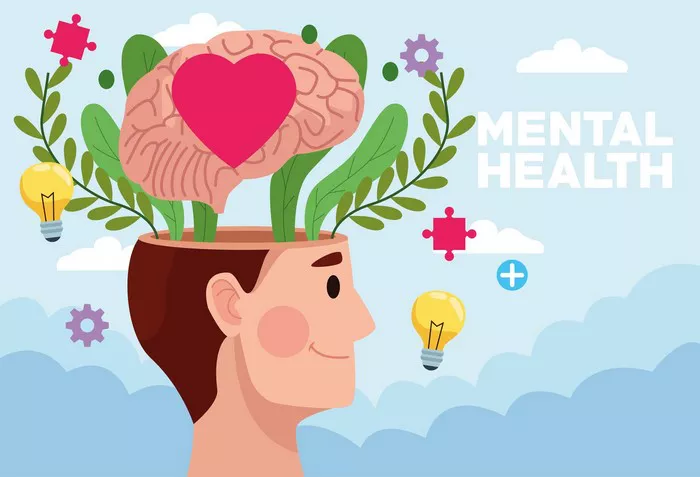FAQs
How can I cure my anxiety naturally?
Natural remedies for anxiety include mindfulness meditation, exercise, deep breathing techniques, maintaining a healthy diet, getting enough sleep, and limiting caffeine intake. These practices can help reduce anxiety symptoms over time.
Can you fully overcome anxiety?
While some people may fully overcome anxiety, for others, it may be a lifelong journey of managing symptoms. Through therapy, medication, lifestyle changes, and self-care practices, many individuals can significantly reduce anxiety and lead fulfilling lives.
Can anxiety be cured permanently?
Anxiety disorders can often be effectively managed, but there’s no guarantee of permanent cure. However, with consistent treatment and coping strategies, many people experience long-term relief from symptoms. It’s essential to work closely with healthcare professionals to find the right approach for you.
Related topics:
- Managing Anxiety While Breastfeeding: Safety and Support
- Managing Anxiety Without Medication: A Comprehensive Guide
- Understanding Depression: A Window into Invisible Pain


